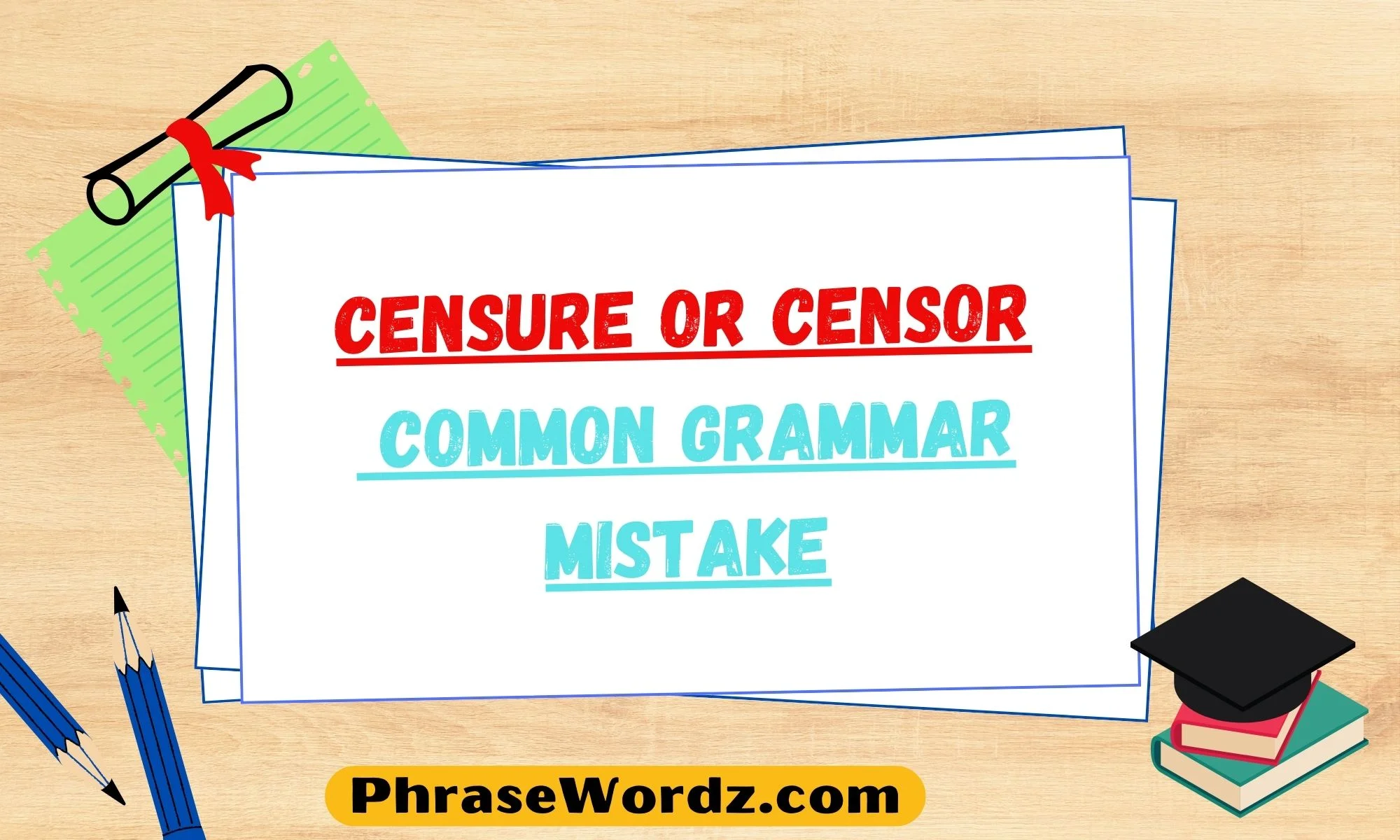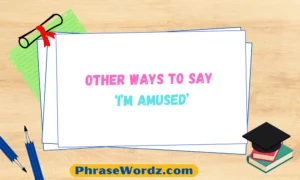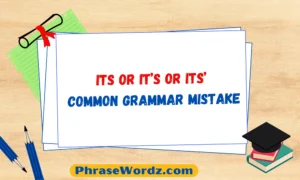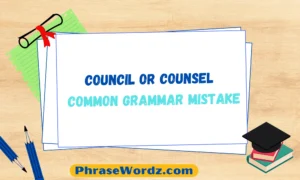The English language is rich in vocabulary, and sometimes words with similar pronunciations or spellings can cause confusion. “Censure” and “censor” are perfect examples of such words.
Uncover the key differences between “Censure or Censor” with our insightful guide. Learn how to use these terms correctly and avoid common mistakes in your writing and professional communication.
Both terms have distinct meanings, but their similarity in appearance and sound often leads to misuse.
This article explores the differences between these two terms, their proper usage, and provides examples to clarify their application in various contexts.
Understanding Censure
The word “censure” is a noun and a verb that refers to severe criticism or formal disapproval. It is often used in contexts involving politics, governance, or institutions where individuals or groups are reprimanded for their actions.
Examples of “Censure” in Sentences:
- The senator faced censure for violating ethical guidelines.
- The board decided to censure the manager due to misconduct.
Scenario Example: Email Addressing Censure
Subject: Formal Censure for Policy Breach
Dear Mr. Robinson,
Following a detailed review of your actions during the recent board meeting, the committee has unanimously decided to issue a formal censure. Your disregard for the established protocols has been noted, and this letter serves as a reminder of the professional standards expected within the organization.
Please be advised that further violations may result in stricter disciplinary measures. We trust that you will take this feedback constructively and ensure compliance moving forward.
Best regards,
Charlotte Reid
Human Resources Manager
Understanding Censor
The word “censor” is a verb and a noun that relates to removing or suppressing content considered inappropriate, offensive, or harmful. It is commonly associated with media, publications, or communications where information is regulated.
Examples of “Censor” in Sentences:
- The government decided to censor parts of the documentary due to sensitive content.
- As a censor, it is your responsibility to ensure the film adheres to industry guidelines.
Scenario Example: Email Addressing Censorship
Subject: Censorship Policy Reminder
Dear Team,
This is a reminder about our content guidelines and the necessity to adhere to censorship protocols. Any material deemed offensive or non-compliant with our publishing standards must be carefully reviewed and, if needed, censored before release.
For any questions about the censorship process, please feel free to reach out. Let’s continue to maintain the integrity of our publications.
Warm regards,
Jonathan Miles
Content Director
Key Differences Between Censure and Censor
Despite their similar pronunciations, these terms have different meanings and applications. Misusing them can alter the intent of your communication. Here are the critical distinctions:
- Censure deals with criticism or disapproval, while censor is about content suppression.
- Censure is often a response to someone’s behavior, whereas censor applies to regulating media or information.
When to Use “Censure”
Use censure when referring to formal disapproval or condemnation. This term is common in official or institutional contexts, such as:
- Politics: A parliament may censure a member for unethical actions.
- Workplace: An employee may be censured for violating company policies.
- Academia: Universities may censure students for academic dishonesty.
When to Use “Censor”
Use censor when discussing the regulation of content or information. This term is prevalent in:
- Media: A movie may be censored to remove offensive scenes.
- Literature: Books with controversial topics may face censorship.
- Online Platforms: Social media posts may be censored to align with community guidelines.
Common Misuses of Censure and Censor
Even native speakers can confuse these terms. Below are some examples of misuses and how to correct them:
- Incorrect: The editor was censured for cutting parts of the book.
Correct: The editor was censored for cutting parts of the book. - Incorrect: The senator was censored for his controversial statement.
Correct: The senator was censured for his controversial statement.
Describe Differences Between Censure or Censor
| Aspect | Censure | Censor |
|---|---|---|
| Definition | Severe criticism or disapproval. | Suppression or regulation of content. |
| Part of Speech | Noun/Verb | Noun/Verb |
| Context | Behavior and ethics. | Media, communication, and content. |
| Example Sentence | The politician faced censure. | The film was censored for explicit scenes. |
| Key Association | Criticism or reprimand. | Content regulation. |
Conclusion
The words “censure” and “censor” serve distinct purposes in the English language. By understanding their meanings, proper usage, and contexts, you can enhance clarity in your writing and communication.
Whether issuing a formal censure or applying censorship, using the correct term ensures precision and professionalism in your message. Take time to practice these distinctions to avoid this common grammar mistake in the future.











